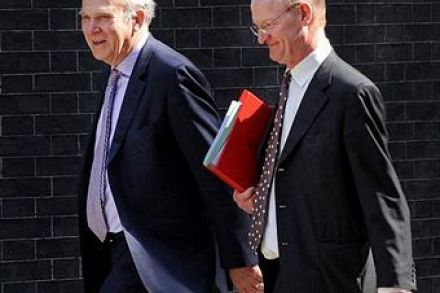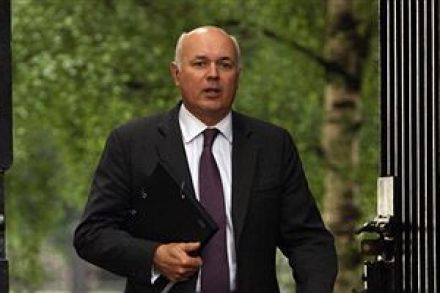The university funding compromise
One of the issues on the horizon that has the most potential to cause problems for the coalition is how to fund higher education. The Liberal Democrats are opposed to fees and the Tory MPs and press loathe the idea of a straight graduate tax. As Ben Brogan notes in his Telegraph column today, Vince Cable and David Willetts, the two ministers charged with working this out, are having a very civilised discussion about it. Oddly enough, it is — as I say in the magazine this week — the blue on blue rows in government that are most vicious. My understanding is that the compromise the coalition will come


















